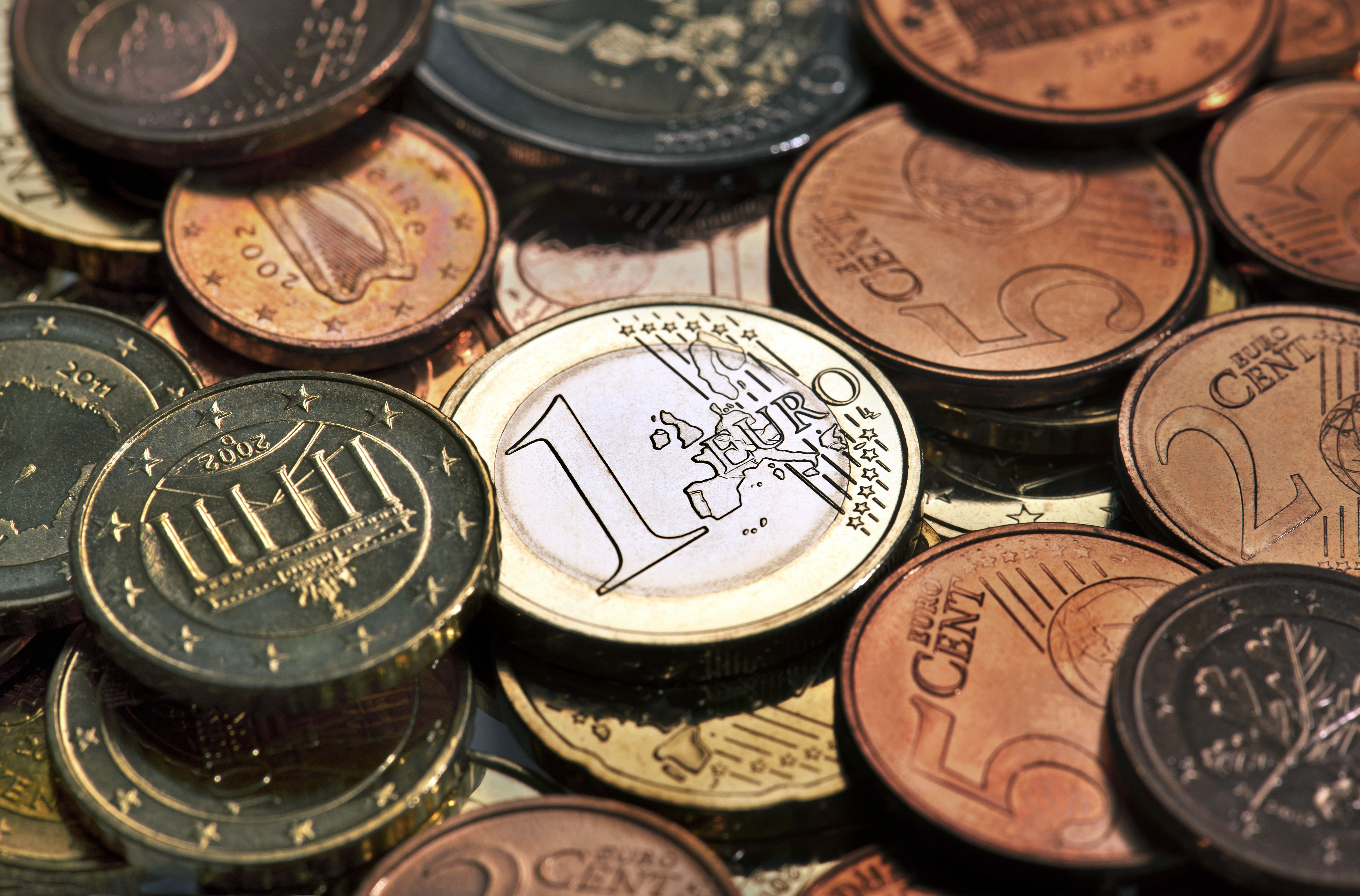No Rush: Germany’s Attitude towards the Enlargement of the Euro Area

The Federal Republic is one of the biggest beneficiaries of monetary integration in the EU, but at the same time it cannot be counted among supporters of speeding up enlargement of the euro area. When, in September 2017, the then president of the European Commission, Jean-Claude Juncker, proposed the adoption of the single currency by the remaining integration participants within the next few years, criticism rose in Germany. The concern was that in boosting the process, the weakness of some candidates could lead to a repeat of the Greek crisis from almost a decade ago. Besides, there is no point in pressing unconvinced societies such as those in Sweden, Czechia, and Poland (see Figure 1) on deeper integration.
The same arguments arose again in the summer of 2020 when the accession of Bulgaria and Croatia to the ERM2 exchange rate stabilisation mechanism began to spark a revival of the enlargement process. However, Germany’s careful calculation with regard to admitting new members to the monetary union is much more complicated and multifaceted.
An Unfinished Zone
The main challenge for Germany is the situation within the common currency area. A prosperous north but a south plagued by stagnation, unemployment and high debt is further aggravated by the pandemic crisis. Today, the members of the zone are tied mainly by the ultra-expansionary policy of the European Central Bank (ECB), which purchases bonds issued by southern countries, thus allowing them to maintain financial stability.
This economic polarisation translates into political disputes within the zone, for example, on the rules of fiscal discipline. The rules in force so far are criticised by France and the southern states as being too rigid to allow for rapid increases in spending in times of crises. In turn, the northern states, including Germany, consider the rules ineffective against states breaking discipline. Another dispute is on what to do with the huge public debts. It intensified again with Italy’s proposal in November 2020 for the ECB to cancel bonds purchased during the pandemic. The finalisation of the banking union is also on the political agenda, especially the introduction of the controversial deposit insurance.
Therefore, Germany expects arduous negotiations within the eurozone. New members would mean additional political risk in this complicated game. In Germany, for example, the conviction that all candidates from Central Europe would support the free-market direction of changes and a restrictive approach to finances is waning, in part because of the growing popularity of state interventionism in the region. More attention is also drawn to the fact that Central European economies are structural debtors with a negative NIIP (net international investment position), which makes them potentially interested in more lenient treatment of debtors. Germany, with a positive balance reaching the equivalent of 70% of GDP (around €2.5 trillion), supports hard rules protecting the interests of creditors. Therefore, it will promote a tough insolvency regime for debtors rather than the restructuring of their debts, as well as a policy of low inflation, fiscal sustainability, and limiting transfer mechanisms.
Less Worry about Differentiated Integration
From the beginning of integration, Germany’s European policy aimed at treating the functional differentiation, often necessary to deepen cooperation, as temporary and maintaining it within the framework of political and decision-making unity. This model was called the “open avant-garde”. In the case of the divide between the euro area and other EU countries, over time concerns began to arise as to whether it would be enough to maintain such an understanding of integration.
The source of concern was mainly the United Kingdom—an outsider in monetary integration but the second-largest economy in the EU and the financial centre of the continent. The United Kingdom contested visions of political integration, becoming an increasingly important point of reference for states reluctant to deepen cooperation within common institutions. It demonstrated its priorities by, for example, vetoing the so-called “fiscal pact” aimed at forcing financial discipline after the previous financial crisis, and in 2016 when, after tough negotiations, the UK was assured by the EU about the “multi-currency” nature of integration. The vision of an alternative to the euro political platform within the Union was gaining importance. An idea to weaken its momentum was to offer the candidates additional financial incentives to adopt the single currency, which ended up on the list of Juncker’s proposals from 2017.
Brexit changed the situation diametrically. The economic weight of the “non-euro area” has shrunk from 29.2% of EU GDP to just 14.5% (see Figure 2). The British exit also changed political relations: the chances of a non-euro state(s) blocking the decisions in majority voting dropped close to zero. Thus, the problem of the diversity of integration ceased to be of strategic importance from the German point of view. The domination of the euro area allows it to count on “gravitational effect”—the gradual draw of new members into the monetary union due to the risk of political marginalisation and less chance of forcing one’s own interests in the EU.
Germany’s conviction not to force enlargement politically is reinforced by economic arguments. An EU divided into a euro area and the rest is not visible in the statistics if considering the intensity of cooperation, for example, in trade. According to Destatis data, between 2010 and 2019, Germany’s trade with 19 countries belonging to the euro area increased by slightly more than 30%. Among them, the greatest increase, by as much as 73%, occurred in relations with countries of Central Europe—Estonia, Lithuania, Latvia, Slovakia, and Slovenia. In the same period, even taking into account the UK leaving the EU, trade with the “non-euro area” grew by 56%, and in relation to Central European countries by as much as 85.3%.
Conclusions
Germany’s cautious attitude to speeding up the enlargement of the euro area was probably one of the factors determining the final shape and size of the pandemic “reconstruction fund” (Next Generation EU, NGEU) agreed in 2020. If the blurring of the division between the monetary union and the rest of the EU were of higher rank, the design would have put euro and ERM2 members in a better position (at least symbolically). In this way, there would be pressure on the non-euro countries to accelerate preparations for the adoption of the common currency. However, this has not happened: the fund has an EU-wide character and access to it is not restricted, apart from the rule-of-law mechanism, by institutional requirements.
Countries that are reluctant to adopt the common currency quickly—Sweden, Czechia, Poland, and to a lesser extent Hungary—may find Germany’s political support for maintaining the status quo favourable. In their calculations, however, they will have to take into account that the issuance of EU bonds and the option of common taxes provided for in the reconstruction plan constitute a strong move towards political integration, so far contested due to the nature of cooperation in the monetary union. So, the deepening is happening with or without the euro. Moreover, the coherence of integration created by the NGEU does not invalidate the reform of the fiscal mechanisms of the euro area and the finalisation of the banking union, which are crucial for the future of the EU, and the influence of countries with their own currencies on them remains very limited.
Germany’s approach also means that there will be no concessionary treatment of countries that are striving to adopt the euro quickly (Bulgaria, Croatia, Romania). It is hard to expect that in the current situation they may count on special facilitations, which the then head of the European Commission spoke about in 2017. Germany will support rigorous enforcement of the convergence criteria related to the level of inflation, interest rates, and the fiscal situation, as well as adjustments to the law. The pressure may also apply to other areas, such as the quality of institutions, an effective fight against corruption, and stability of the banking sector. From Germany’s perspective, this will be the best method for reducing the risk associated with enlargement and it will also provide more time to complete the reforms of the euro area.


